Blog

Thyroid and Fertility: Why Your Thyroid is the Unsung Hero of Your Fertility Journey
January 30, 2026By ...

Pushing the Boundaries: A New Era in Male Fertility
January 2, 2026An exclusive article by Dr. Karthikeyan, Uro Andrologist, Chennai For ...

The Failed IVF Conundrum: What If the Missing Link is the Male Factor?
January 2, 2026An exclusive article by Dr. Karthikeyan, Uro Andrologist, Chennai....
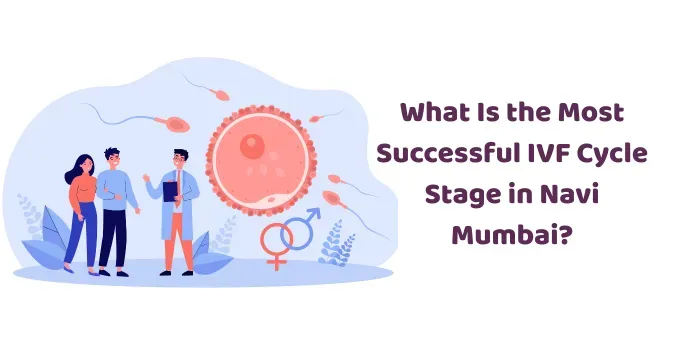
What Is the Most Successful IVF Cycle Stage in Navi Mumbai?
September 13, 2025Infertility is growing among th...
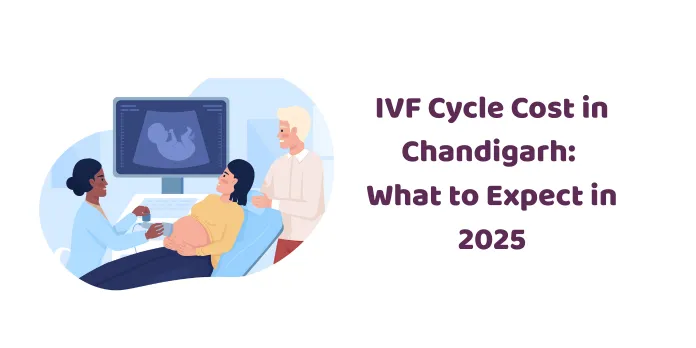
IVF Cycle Cost in Chandigarh: What to Expect in 2025
September 11, 2025Millions of couples facing fertility problems opt for IVF (...

Top IVF Clinics Near You in Delhi-NCR That Couples Trust in 2025
September 11, 2025Infertility refers to the inability to conceive naturally. According to the most recent d...
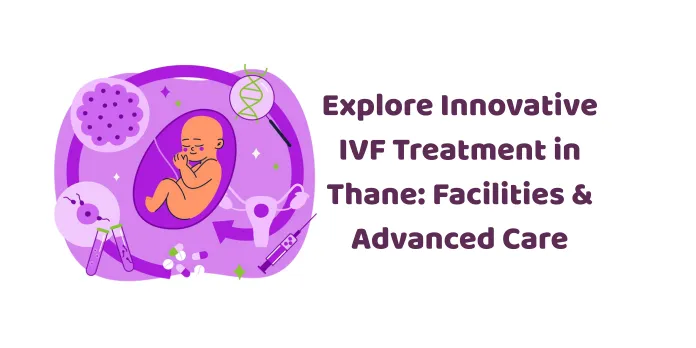
Explore Innovative IVF Treatment in Thane: Facilities & Advanced Care
September 10, 2025Infertility has become a widespread reproductive problem all...

Best Infertility Specialist in Noida: Who Should You Consult?
September 10, 2025Based on the 2023 statistics of the World Health Organisatio...
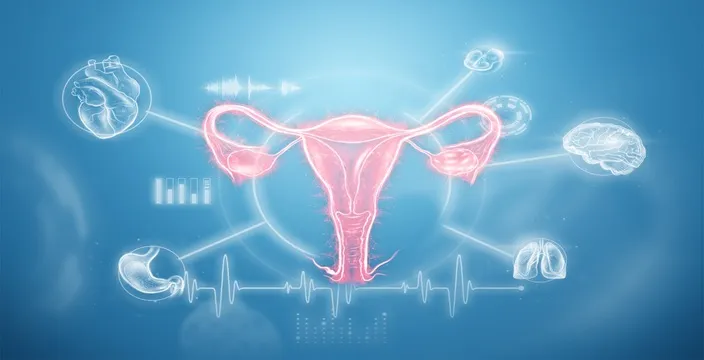
IVF and Assisted Reproductive Technology: Understanding the Latest Advancements
August 27, 2025Most Indian couples wish to have a child. Yet, there are many factors such as health issues, age,...

The Impact of Vitamin Deficiencies on Pregnancy and Baby's Health
August 20, 2025Did you know that over 50% of women of reproductive age worldwide are affected by at least one mi...

How to Mentally Prepare for IVF Treatment in Chandigarh: A Step-by-Step Guide
August 18, 2025Infertility affects millions of couples in India, with over 25-30 million actively seeking treatm...

Top-Rated Infertility Doctors in Chandigarh
August 14, 2025Advanced fertility techniques are changing the route to parenthood for countless couples in Chand...

Understanding the Factors Affecting IVF Cost in Navi Mumbai
August 12, 2025Having a family is something every couple aspires for. However, at times, getting pregnan...

Finding the Right Infertility Specialist in Dwarka? Expert Care Near You
August 12, 2025According to the Journal of Obstetrics and Gynaecology in India, nearly 10 to 15% of couples face...
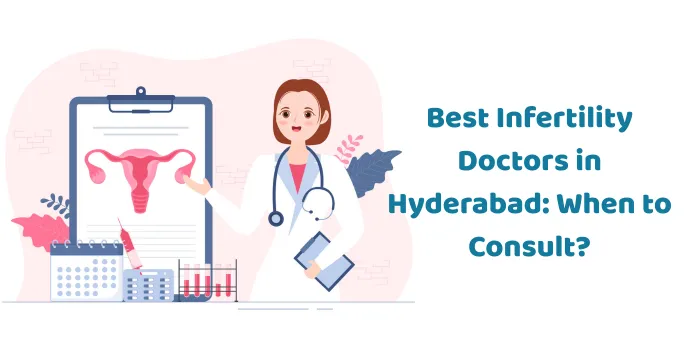
Best Infertility Doctors in Hyderabad: When to Consult?
August 11, 2025In India, about 25% of women struggle to conceive or maintain a pregnancy. They face infertility,...

Struggling with Infertility? Top Fertility Doctors in Banjara Hills Can Help
August 11, 2025The journey to parenthood isn’t always as smooth as expected. For many couples, months turn...

Best Gynecologist in Amritsar | Fertility & Women’s Care Experts Near You
August 11, 2025With increasing reproductive concerns among a huge population in India, people are seeking answer...
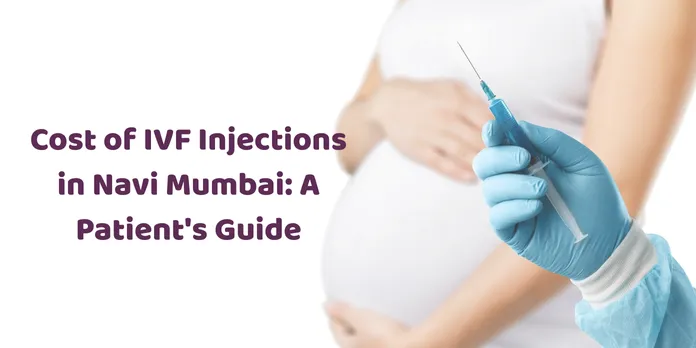
Cost of IVF Injections in Navi Mumbai: A Patient's Guide
August 8, 2025IVF has emerged to be a ray of hope for couples who are unable to conceive naturally as a...

Pregnancy & Gynecology Care? Top IVF Doctors in Lajpat Nagar
August 6, 2025Over 30 million women in India consult with a doctor for pregnancy, fertility, and reproductive i...
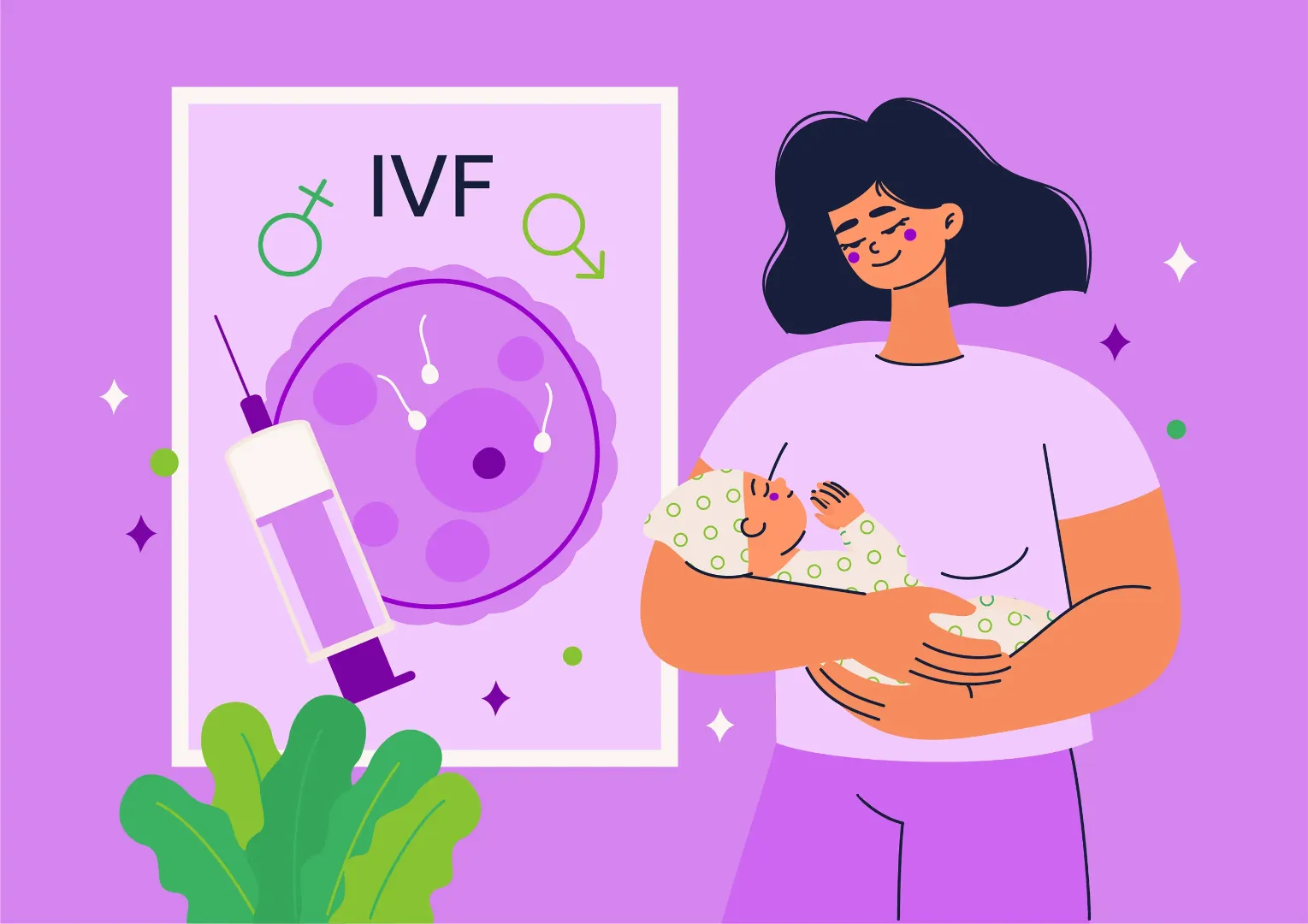
Achieving IVF Success Rate in Navi Mumbai: A Step-by-Step Roadmap to Parenthood
August 5, 2025Overview of IVF Success Rate in Navi Mumbai Handling deadlin...